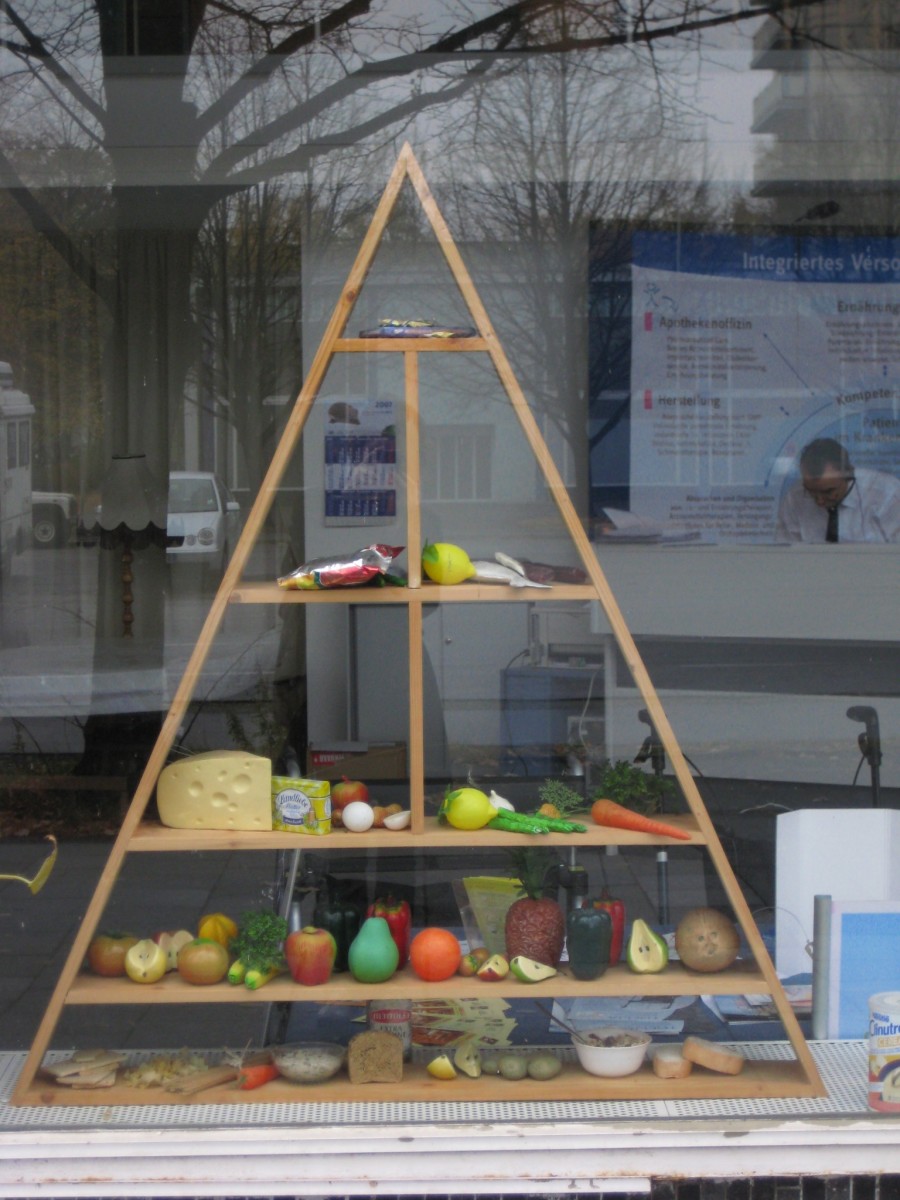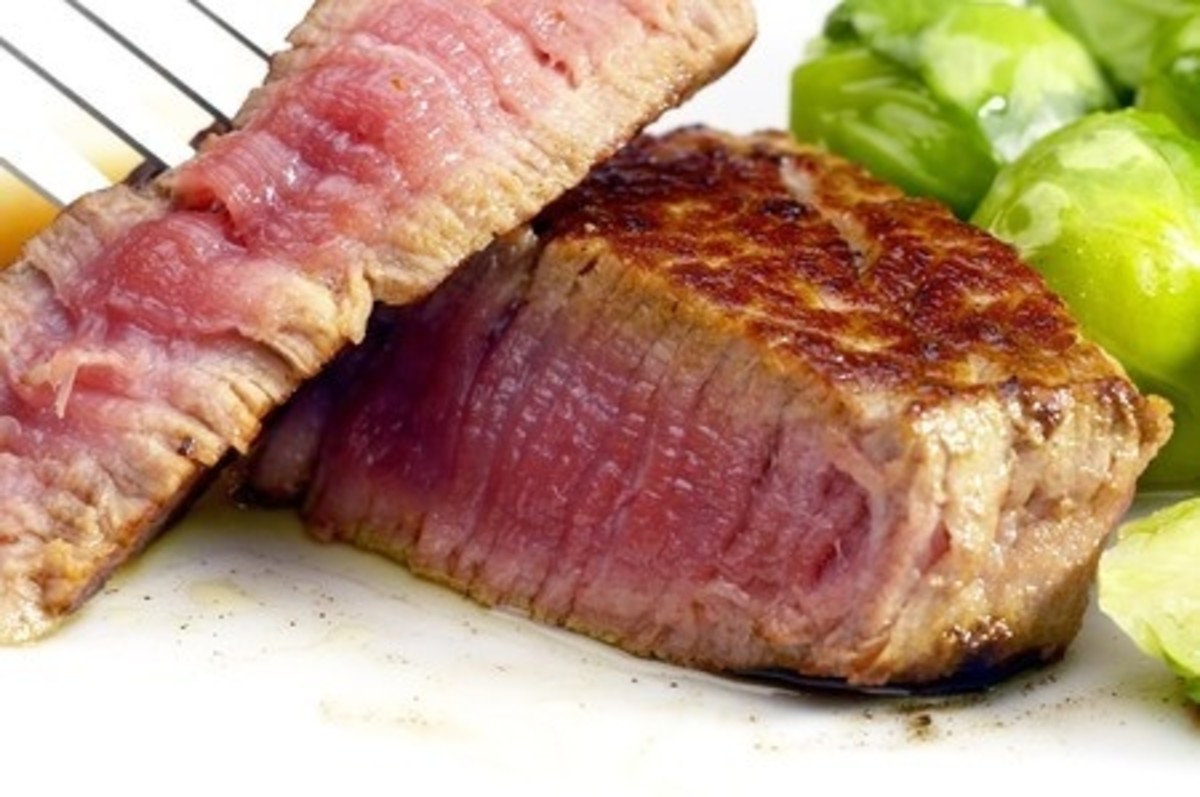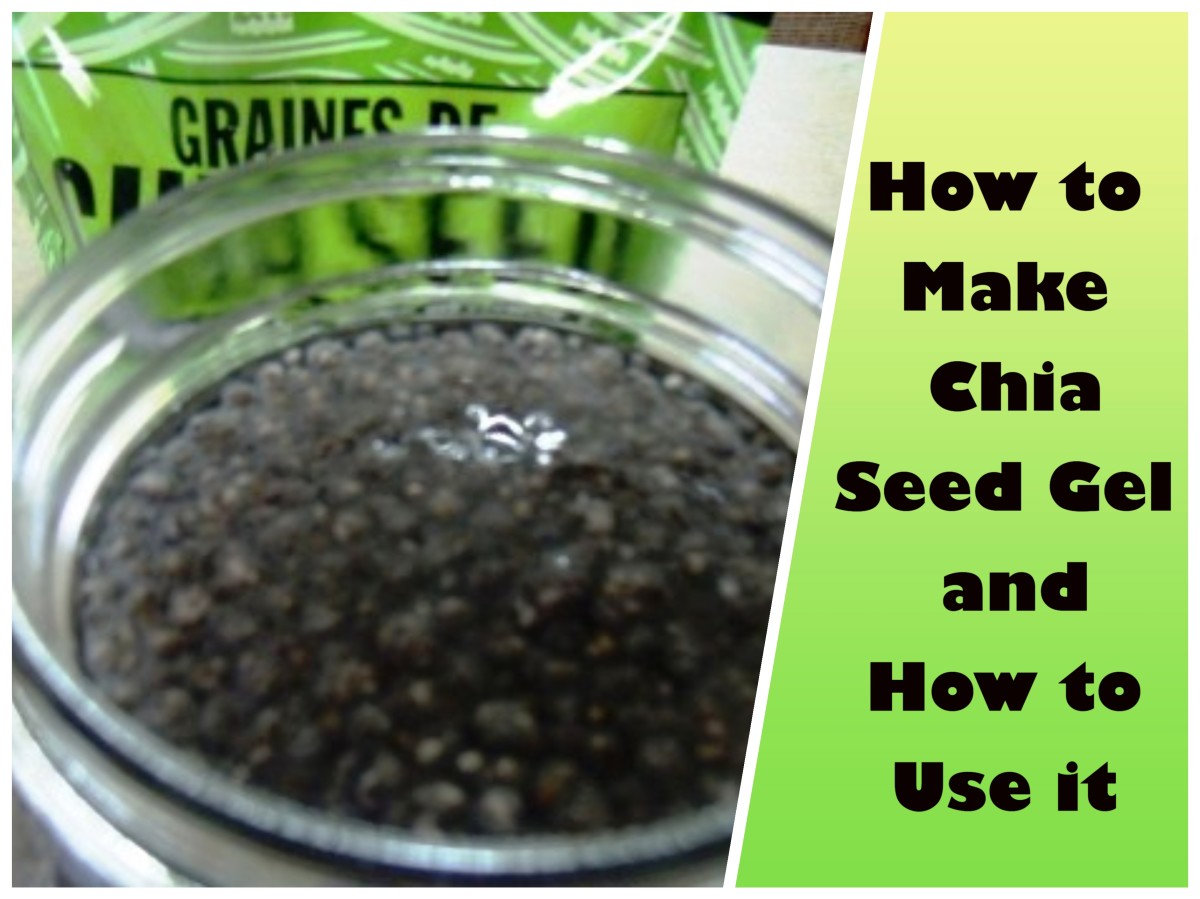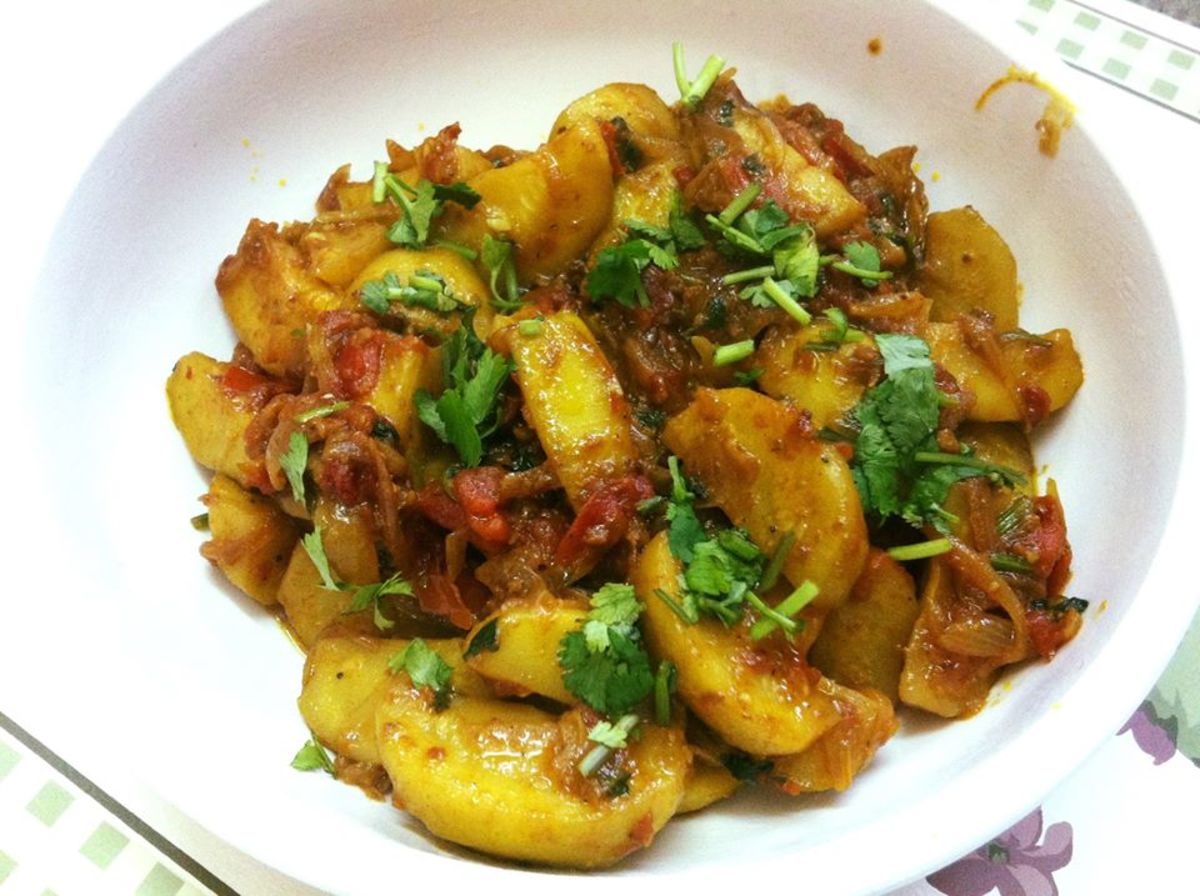Taking Meat out of Your Diet
Fanatics
I was on Reddit. There was a Vegan discussion.
I can say this, if I had not been a vegetarian for forty six years, if I had just thought about switching, reading the hysterical angry posts, I would hop out and buy a burger.
I ran from that discussion like Usain Bolt. I knew more people would be turned off by the posts than would be enticed to go Vegan.
To put it simple, your diet is your diet. You do what is pleasant for you. You remove meat from your diet because you want to. And you do it in such an easy way that you don't feel deprived.
The 12 Month Program
You can not simply stop eating meat after a lifetime and expect to be successful. You must slowly remove meat and replace it with something else which is healthy, tasty and preferred...If you want to succeed.
As you have lived most of your life in meat world, where you are accustomed to that hamburger or steak or chicken, you have to create replacements which are better.
Further, you have to give yourself one year to go from a carnivore's diet to that of a vegetarian's. In this way, moving slowly, you and your body will easily adapt.
Creating the Template
Before you begin, create a concise list of everything you eat in a two week period. This will give you a template from which to work while gathering all the vegetarian recipes you can.
You need to know exactly what you eat, when and why and what alternatives are possible.
Many people are unaware of how much meat they actually consume until creating this list.
Once you've gotten an understanding of your actual diet and are ready to begin, start with a washout.
You want to clean your system at each step as a transition. You don't have to, but it is a clean start.
Consulting your template, (your diet for the past two weeks) note how many meat meals you eat a day.
If you eat three, cut it two, if two, one, if one meat meal a day, go one meat meal every other day.
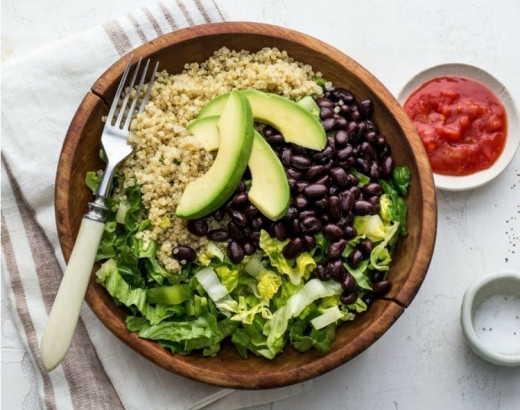
The First Month
During this first month, try one of your vegetarian recipes each day or every other day.
You are only removing one meat meal a day, you are still eating meat, so the vegetarian meal is not a deprivation or forced feeding.
Once you realize that what you've prepared doesn't have to taste like anything but what it is, and you start adopting recipes to your taste, you are halfway there.
Most people think; "Oh, if I take out meat I'll starve!" For their ideas of a vegetarian diet is a salad or a plate of lima beans.
By creating new dishes without meat, and being creative, you will realise you won't starve, nor suffer vitamin deprivation, as long as you are replacing meat protein with some substitute.
By the end of the first month you will have a number of vegetarian meals you really like, so will move into the second month with some 'familiar' food, as well as continuing to try new ideas.
The Next Months
Your second month begins with another washout, and this time you try to have meat no more than once a day. This month is usually fairly easy but you might make a few mistakes. Don't beat yourself up, you are only in the second month of a twelve month program.
In your third month, try to have meatless days. Don't act as if you are in prison and can't eat this or that but must be punished with the other.
This is why many people fail.
They find themselves at a function and have to 'deny' themselves a meat meal. Do not deny yourself. If you really want that burger, have it. It is better you have it and it doesn't taste as good as you dreamed, then to go home and imagine how wonderful it tasted.
As time passes, keep limiting the meat meals. Do it in an easy, comfortable fashion.
That is the key to success.
You want this vegetarian meal, it isn't being 'forced' on you. You don't want that plate of meat. It isn't a chain around your neck, it is your desire. That is key.
The Fifth Month and Straight On
As you enter your fifth month you will have found a lot of vegetarian dishes you prefer to meat ones. You may think this is ridiculous but it isn't. If you ever tasted my vegeburgers, you wouldn't even look at a Burger King.
Further, you will find you use less salt. This is a plus. Removing salt from your diet, since you are not eating meat is usually standard. Learn the use of other spices, pepper, ginger, allspice, basil. The less salt the better. The less sugar the better.
Your goal is to try to cut meat to no more than twice a week. Do not count dairy or eggs or fish as meat. Hence a tuna sandwich or salmon croquette is not to be treated as meat. Ice Cream is not taboo.
If you feel meat deprived, eat some. This is not the end of your attempt. This is just a detour. Remember, you are halfway there, you've still got six months to go so don't rush.
By doing it slowly, by allowing yourself to cheat, by giving yourself a year, you are insuring success. Take your time. One hot dog does not destroy the diet.
The Home Stretch
After you've completed your sixth month you should be eating a substantially vegetarian diet. There might be the odd bit of meat here and there, but it is an aberration.
You can remove eggs at this point if you want. If you raised chickens, you know they lay a number of eggs, and sometimes deliberately crush a few, because they have their own 'birth control'.
Eating an egg once and awhile is no 'breach' of your diet. Yes, you can substitute everything from olive oil to applesauce for eggs but if you don't want to, you don't.
As to dairy, as a person who owned milk producing goats, I tell you that they have to be milked. They produce more milk than the kid requires. Drinking milk or using it to make yoghurt or cheese is not 'eating animals'. Only the most insane and ignorant Vegans can hysterically state this.
Sure, using Almond or Soy milk is just as easy as buying a quart of cow's milk, so you can easily switch.
You will find that by removing meat you go 'out' easier and more often. You find your skin is far less greasy and oily, and your sweat doesn't smell. I know this sounds very strange to the carnivore's ear, but much of your sweat smells bad because of the meat in your body.
At this point you decide if you want to keep fish in your diet. Many vegetarians do. You decide how far you want to go. It is up to you.
Pick a plan you can live with.

